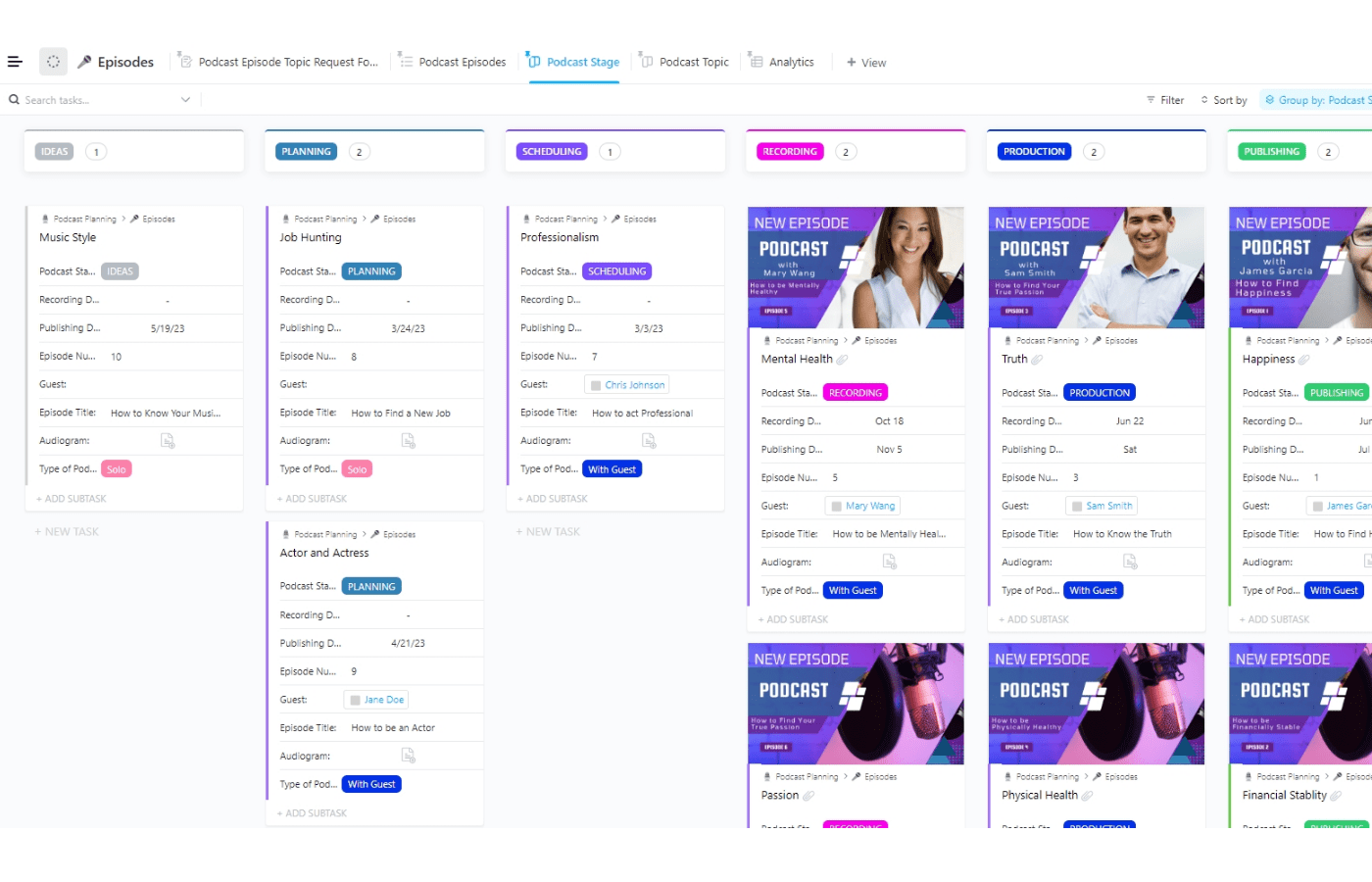What Is a Project Coordinator?
A project coordinator plays an important role in the process of project management. Often working under the direct supervision of a project manager, a project coordinator makes sure that a project runs smoothly and efficiently.
A key difference between the project coordinator and project manager is that the project coordinator focuses on carrying out specific phases of a project plan.
What Do Project Coordinators Do?
A project coordinator handles administrative tasks for the project manager, such as ordering equipment and materials, managing deadlines and workflows, and scheduling meetings — all in an effort to support the project manager and keep the project running smoothly.
Aside from budgeting-related activities, project coordinators are also responsible for coordinating and attending meetings and
developing strategies for projects. Key responsibilities of a project coordinator include:
- Evaluating and finding solutions to potential problems during project implementation
- Planning and managing team goals, project schedules, and new information
- Coordinating team members to keep workflow on track
- Managing project-related paperwork and materials
- Preparing and reviewing project proposals
- Managing memos, meeting minutes, and correspondence
A project coordinator specializes in project budgeting and funding, so they make ample use of spreadsheets, graphs, and other
reporting and visualization tools. Using these tools, a project coordinator prepares and holds routine presentations for the project manager to report on project financials. The project coordinator also facilitates change management through budget analysis when unexpected expenses or financial shortfalls emerge.
Project coordinators are needed in a variety of industries, from tech firms to construction to healthcare.
How Much Do Project Coordinators Make?
The national average salary for a project coordinator in the US is $51,000. It’s possible, however, to negotiate a higher salary based on previous project coordinator experience. The salary will also depend on industry and location.
Within the project management career trajectory, the project coordinator role is often a stepping stone to a project manager role.
What Skills Are Necessary to Become a Project Coordinator?
The following core skills are essential for the project coordinator role.
Budgeting
The project coordinator manages the finances of a project, allocates resources, monitors expenses, and forecasts cash flow. Moreover, the project coordinator frequently reports on this information to the project manager.
Communication
Since project coordinators often present project-related information to the project manager and other stakeholders, excellent verbal and written communication skills are necessary.
Leadership
After the project manager, the project coordinator is the person whom team members turn to for guidance, feedback, and encouragement for achieving project goals.
Organization and Time Management
As a project coordinator, multi-tasking, organization skills, as well as effective time management are essential in juggling daily activities and team members’ needs.
Computer Skills
Working with financial data and progress reports necessitates significant knowledge of software that will aid in putting together reports. In general, it helps to cultivate experience with
project accounting software like Freshbooks,
CRM software like Salesforce, and
reporting tools like Tableau. Project coordinators should also be familiar with
collaboration tools like Jira, Trello, Slack, and others.
Problem Solving
Project coordinators must approach issues with a problem-solving mindset, weighing all options and identifying the best possible solution. They can play a key role in project team conflict resolution and project-related
crisis management.
Background Training for Project Coordinators
Project coordinators typically possess a Bachelor’s degree in Business, Communications, or a related field, but this is not an absolute requirement.
Earning a
project management certification attracts the attention of employers, though it’s not necessary. Earning a CAPM or similar certification shows an applicant’s motivation to get on-the-job project coordinator experience and strive for a project manager position in the future.
Free or low-cost
online courses guide learners through hands-on tutorials for popular tools that project coordinators use for building product roadmaps, product management plan frameworks, and more.
How to Become a Project Coordinator
To become a project coordinator, you should pursue a project management certification and familiarize yourself with software tools that are essential for project coordinators. Find out if there are tools specific to the industry you’d like to break into.
Whenever possible, display your certification or skills badges on your resume and LinkedIn profile to draw attention from employers who are filling project coordinator roles.
When you’re just starting out, pursue business administration jobs or entry-level project coordinator jobs to build time management and organization skills. With this experience, you will be able to confidently showcase your skills to employers.
Read next: 11 Opportunities for Your Project Management Career Path




